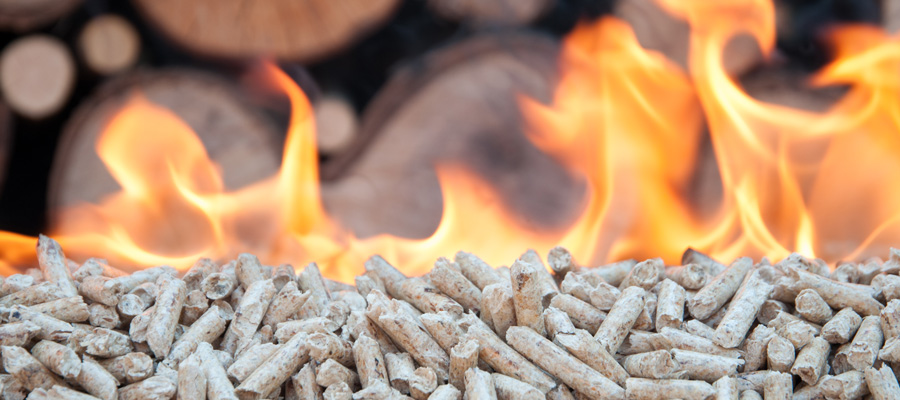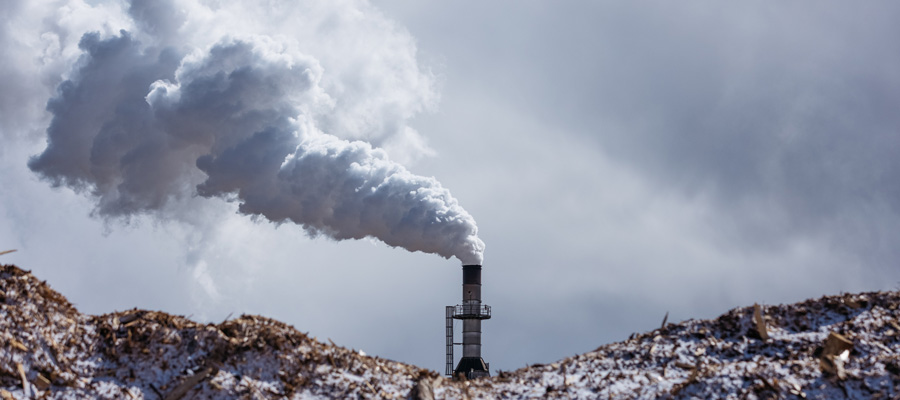Powell River citizens talk forestry: democracy in action
With a provincial election just around the corner and municipal elections to follow shortly thereafter for many BC communities, this is a good time for us as citizens to think about how we can be more engaged in the decisions and policies that affect our communities.
When it comes to the democratic process, voting is just the tip of the iceberg. True democracy involves citizen participation, which requires that we learn about the issues that matter to us. This ensures we are more informed when the time comes to vote, and – importantly – that we find ways to share our views before and after voting day as well. In an effort to create opportunities for information-sharing and discussion within the community of Powell River, a group of us (calling ourselves PR Voices) has decided to host a speakers series.
The first event was a talk by Ken Wu of the Ancient Forest Alliance (AFA) on March 6, 2013. Accompanied by a slideshow, he shared background information about the ecology and history of the region and then presented valuable insights on 1) preserving old growth trees, 2) developing a viable second-growth forestry industry, and 3) weaning ourselves off the practice of exporting raw logs in order to preserve both trees and jobs long into the future.
Following his presentation, Wu answered questions and then stayed for refreshments and informal conversation. When asked how we, as citizens, can engage with these issues in a way that might inform political process, he responded with the following:
“The main request of the AFA is that the BC Liberal government and NDP opposition must commit, before the election, to a new sustainable vision of forestry for the province where we’re losing jobs and the ecosystems are collapsing. We are asking the parties to commit to:
- Establishing a provincial old-growth plan that would quickly ban or phase out old-growth logging in regions where old-growth forests are now scarce,
- Ensuring a sustainable, value-added second-growth forest industry, including providing incentives for converting old-growth mills to handle second-growth logs and to develop value-added processing facilities,
- Ending the export of raw logs to foreign mills. This can be done through an escalating tax, or a graduated phase-out, at the same time as the province’s second-growth processing capacity is ramped up through incentives.”
The things all citizens can do include:
- Sending a message to the Liberal government and NDP opposition through www.BCForestMovement.com
- Signing the AFA’s petition (and circulating hardcopies): www.AncientForestPetition.com
- Lobbying our MLA and candidates to adopt a stance to end old-growth logging in endangered regions and to end raw log exports.
- Writing letters to the editor about the need for a provincial old-growth plan, sustainable, value-added second-growth forestry, and an end to raw log exports.
- Taking part in the upcoming “Weeks of Action for Ancient Forests and BC Jobs” where the AFA will be asking community groups to organize events and funnel letters to their MLA, the Minister of Forests, and the Premier.
- Taking part in “Environmental Activism Trainings” the Ancient Forest Alliance will be organizing in the coming months.
- Finding out about the AFA’s future activities through their website www.AncientForestAlliance.org
In addition to this list of possibilities from Ken Wu, you might also want to host a viewing and discussion group based on his talk, which you can see below or on YouTube:
If you are an educator, this can be a great way to bring these ideas into a classroom setting.
This is potentially an exciting time for British Columbia. There are a lot of amazing initiatives happening throughout the province; it is up to us to find as many ways as possible to get together, learn from each other, and contribute.
Cross-posted from Immanence.


